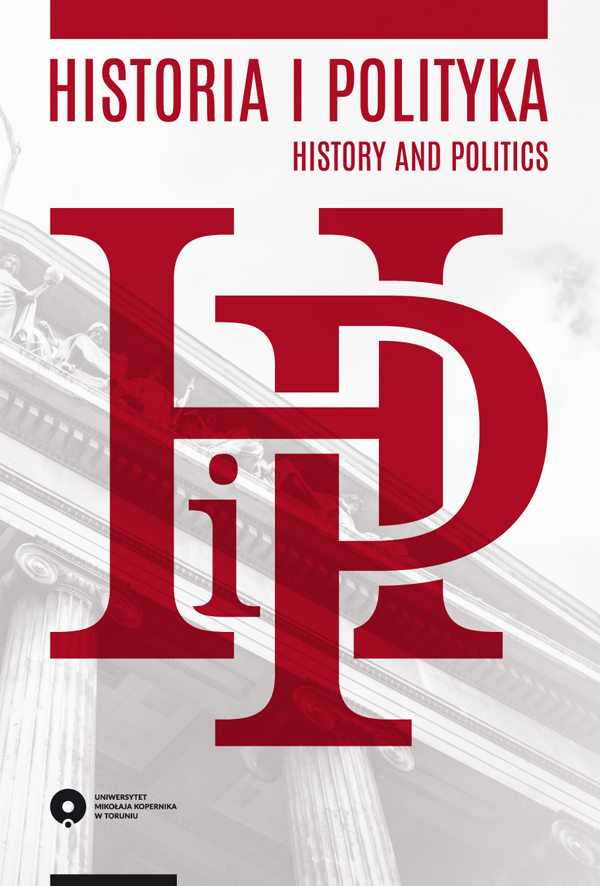Współczesny niemiecki dyskurs o Polsce w politycznej przestrzeni publicznej – kilka refleksji teoretycznych i empirycznych
Modern German discourse about Poland in the political public sphere – some theoretical and empirical reflections
Author(s): Piotr ZaricznySubject(s): Media studies, Government/Political systems, Politics and society
Published by: Wydawnictwo Naukowe Uniwersytetu Mikołaja Kopernika
Keywords: Niemcy; przestrzeń publiczna; Polska; teoria;
Summary/Abstract: In this article I will present some theoretical and empirical reflections regarding future habilitation thesis which will be on contemporary discourse on Poland in German political public sphere. It is an attempt to capture, analyze and present opinions about Poland and its society, which are transferred and propagated in contemporary German political public sphere. The discourse seems to be the proper method to present the issue. I define the concept of “discourse” in the context of political instrumentalization and purpose according to theory of Michael Foucault. Political public sphere is a commonly accepted category of sociopolitical research, which in works of Juergen Habermas has its reasonable substantiation, description and restrictions. Selected, representative and the most influential titles of contemporary German mainstream journalism will be analyzed, in which are discussed and presented sociopolitical opinions on Poland, its politics and social issues. Major part of German media discourse about Poland (in a text form) functions in that sphere. Analysis of the content of these materials will allow to emphasize its forms and functions, as well as to point out economic, political and social factors, which determine them. I assume that the discourse about Poland is led in an indirect (hidden), “inside” way, in other words — against a background of other significant debates, e.g. the EastWest discourse or the discourse on Eastern Europe, it is hardly ever led in a direct (opened), “outside” way, meaning — seldom directly referring to Poland. This problem gives rise to aquestion for relevance of the discourse on Poland within the discourse on Eastern Europe.
Journal: Historia i Polityka
- Issue Year: 12/2011
- Issue No: 5
- Page Range: 156-174
- Page Count: 19
- Language: Polish

